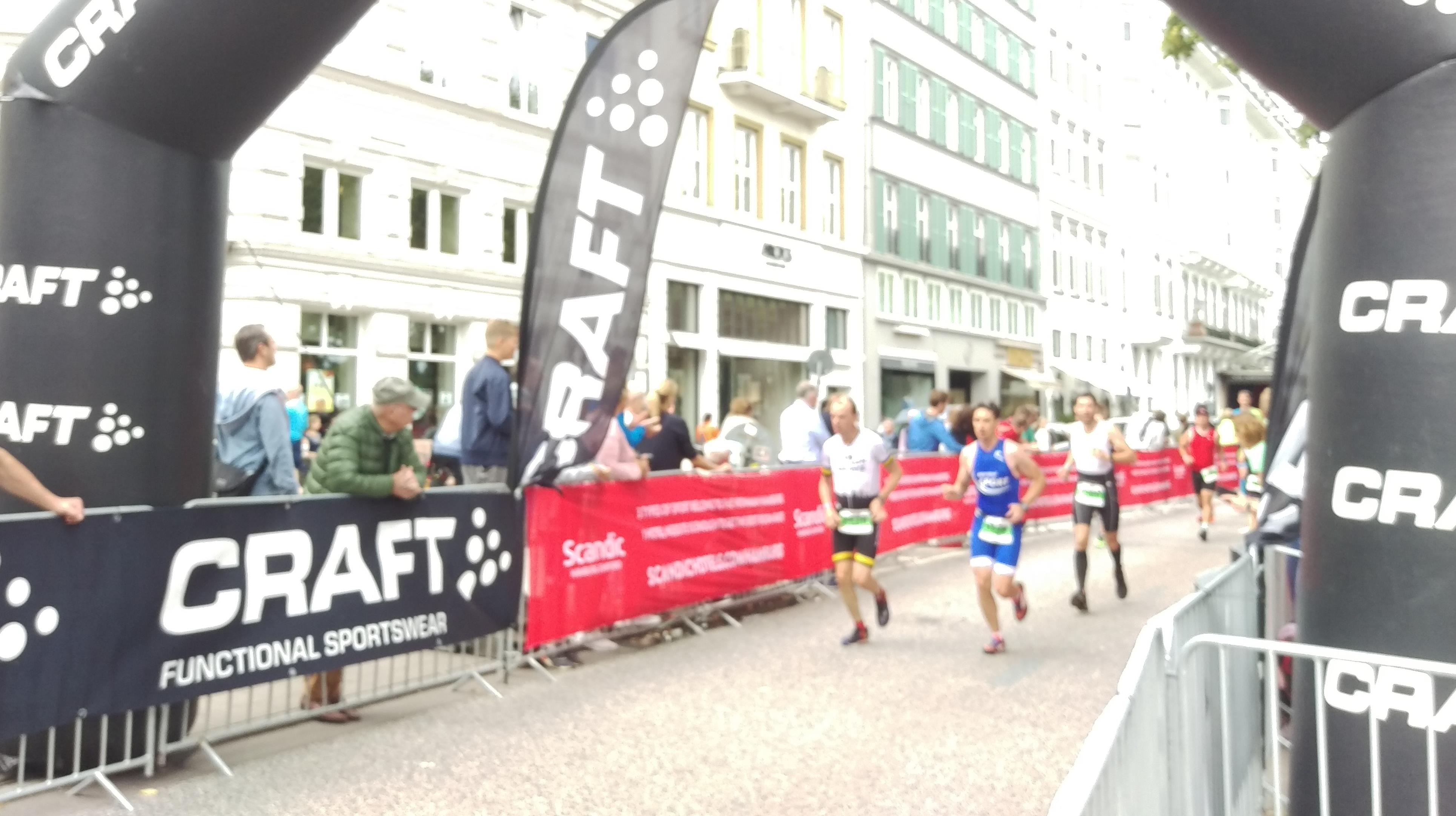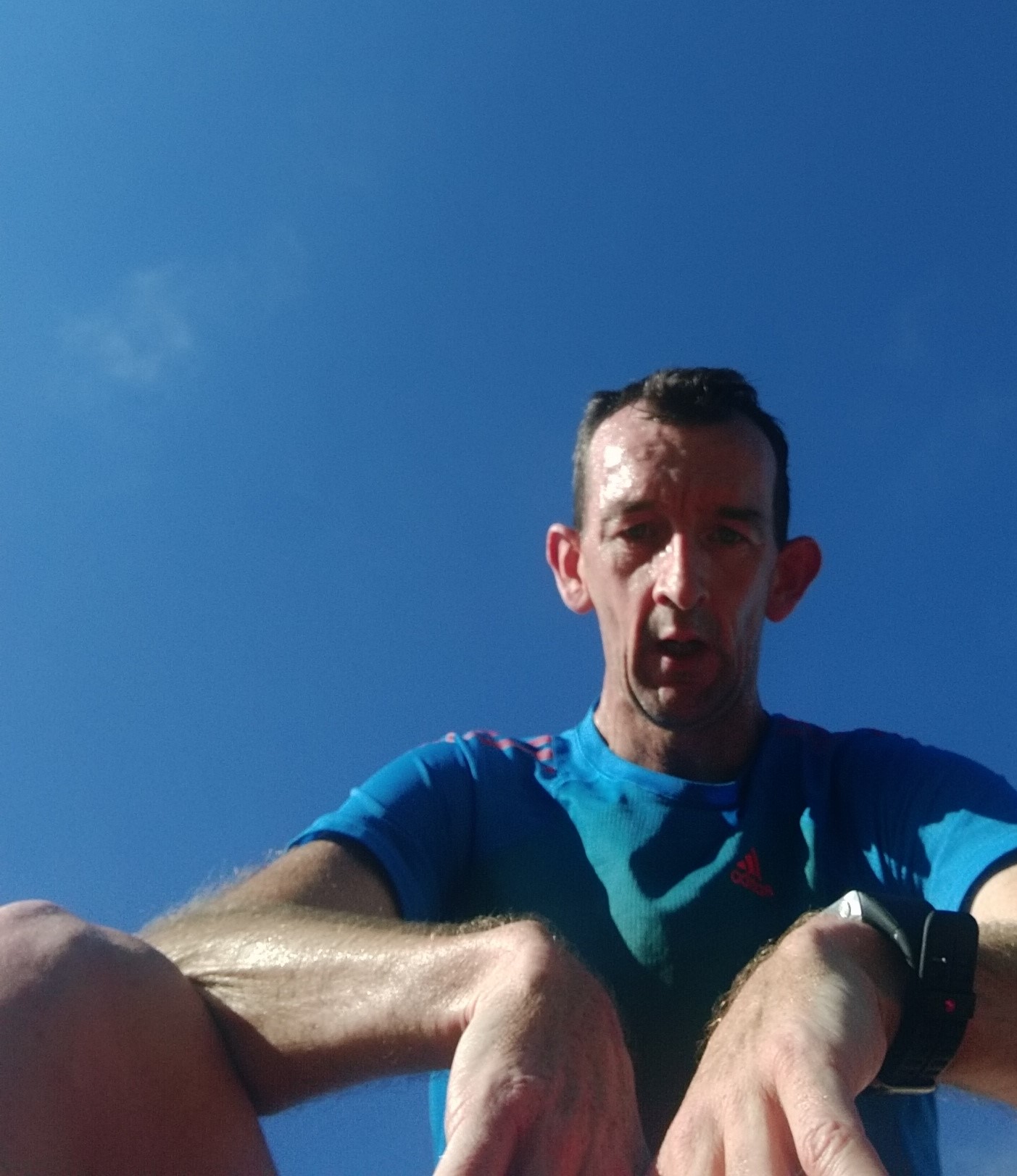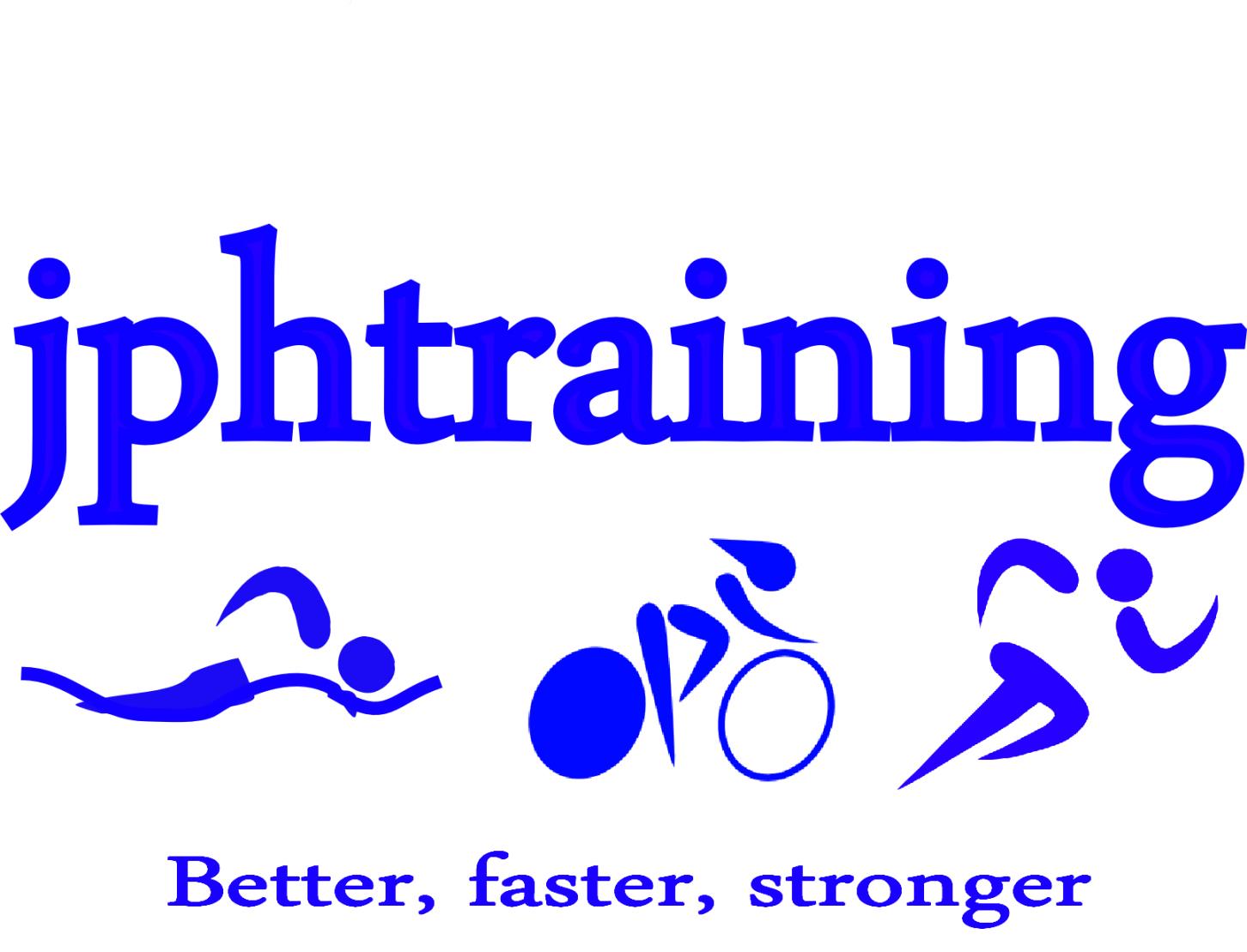Hitting the reset button
Training, October 16, 2019
Sometimes we train really well, but on race day things don't work out, and the next time we push we drop off at the end again. What can we do to get back on track?
Often when we are doing really well or not going well there is a tendency to just keep pushing on. We either want to make the most of our top form, or we are angry or frustrated about things not going to plan.
This may pay off in the short-term, but it can lead to us feeling very flat, unable to hold a high intensity, or getting injured.
However, if you are looking at a long-term gain or just having a constant good feeling you are going want to train in cycles. Generally this could be a 12-16 week build followed by a few weeks rest before jumping into the next build.
This can work well if things are going well if you are going well, but if something is missing and you need to focus on this you cannot do that on the form of a classical build-up. You are going to have to take time to focus on that again.
Sometimes to get to this point you either have to be brutally honest with yourself or have someone that will be brutally honest with you.
There are a few questions that you can ask :
Did you have fun?
Did you enjoy the process?
Did you hit your goals?
Did you get sick?
Was your energy good?
Did you feel good?

Before you answer I will give you my honest breakdown of 2019 until this point. I decided I wanted to have a good crack at a Marathon in the spring. The aim through the end of winter was just to get in some good and consistent training in without smashing myself.
That went well, and resulted in me finishing 3rd in the Hamburg Cross Country Championships in the middle of training block and at the end of a 120km week.
Surprisingly I was capable of running some quick sessions without doing a lot of speedwork. However, that was a bit of a curse because fast was easy, but to run a good marathon I didn't need to be able to run a 5km close to 15 minutes.
Next up was the Syltlauf, which resulted in a 2nd place. The placing was fair, but I got carried away with the idea of good legs and a potential tailwind meaning a shot at the course record. However, the tailwind didn't come and 33km is a long way!
Going out a bit quick cost me the sub 2 goal, but the biggest problem was a pair of insoles that resulted in deep blisters under the balls of both feet, and towards the end of the run me running loading the outside of my feet rather than pushing off the front of my foot. This also put a strain on the outside of my quads that restricted me being able to stretch out.
The repercussions of this didn’t hit me until a lot later.
I was able to complete the rest of my build almost as I would have liked however, the blisters under my feet obviously never got a chance to really heel, so there were blisters on blisters, and regardless of how good Wrightsocks and Compeed Plasters are there was still discomfort. So much so that I was unable to use some of my favourite shoes because they had cushioning that was just too thin. I was still adjusting subconsciously to the blisters and loading the outside of my foot and my quads more.
By the time Hamburg Marathon came around everything was starting to feel good, and I was knocking out some really good tempo sessions without crushing myself. The aim was to run the marathon at 3:32-3:34/km, and everything seemed to point to that being an honest, but realistic goal.
My effort through the marathon felt good. Hard, but manageable. Accounting to my heart rate I was still running in the higher end of my zone that I would do my long runs, which matched how I felt. Around 27km I decided that I was going to have to get back to 3:30/km, as the pass had drifted. The few kilometers felt great, but then around kilometer 31 or 32 the pain on the outside of my quad came on again, and was not only painful, but restrictive, and that was the chance to run race pace.
I ended my marathon with 2:36, which was my fastest time since 2014, but a bit far away from where I should have landed. Even if I had hit my mark there is one thing I would have done afterwards, and that is rest.
Rest does not stop you from building on what you have. It stops you from emptying your reserves.
Having mental strength and energy in reserve is what will help you perform through the whole race and not just the first half or two thirds of the distance. That drop-off is often because your batteries are a little flattened, but because the intervals are not that long compared to the race that you can be tricked into thinking that you are going better than truly are.
You need to allow your body to top back up after a build-up regardless of how the race has gone.
After Hamburg I had a break before stepping back up to the Marathon Distance in June. Thankfully I didn't need to race fast as I just wanted to land on the podium. The weather was very hot and that played a role, but around 10km to go I went from feeling totally in control to having nothing, and just trying to get to the end.
My reserves were empty and it just wasn't fun. Despite finishing OK. There was no way I could push harder. That was just another indication that if I was going to continue trying to return to a competitive level I was going to have a good rest and let my feet, quads, mind, and the fire in my belly recover.

So I hit the reset button.
It is not something done lightly and it has to be done properly. It is something that I recommend every athlete doing at least once a year. Make sure that you drop any sort of training and fill your time with things you don't do when training, so that you don't have to think about not training. Don't do too much, as you want to focus on recovering, refueling, and reorganising yourself.
There are a few factors that can help you empty your reserves faster than you think, and you should try to keep them in check during your build-up.
Using technology shortly before going to bed.
Going to bed too late.
Forgetting to take into account the workouts that you have done and what are coming up.
Chasing paces and pushing it too often too much.
Racing too much.
Squeezing too many things into your day. Remember recovery is an important part to training.
Don’t be afraid to rest to get better.
